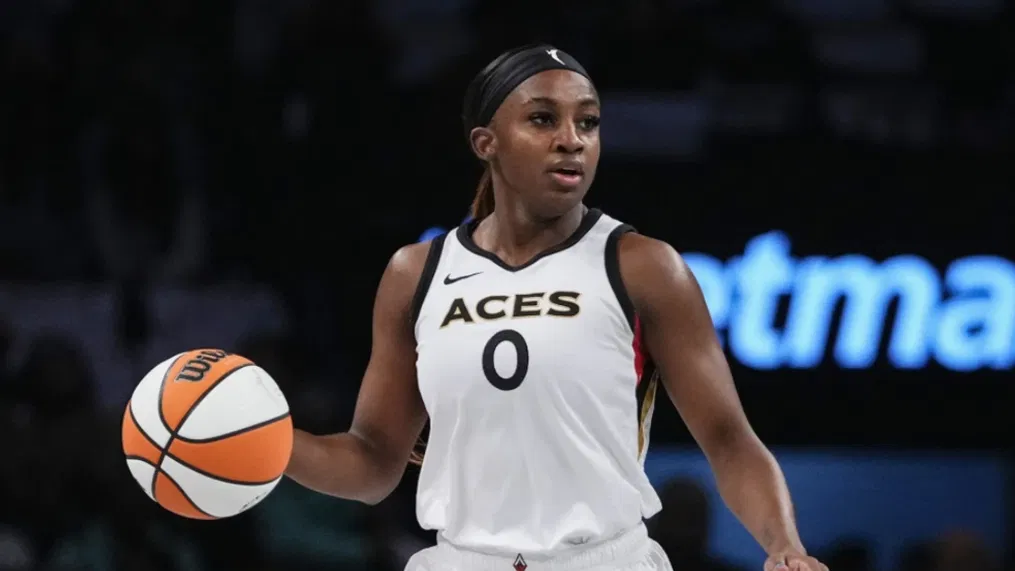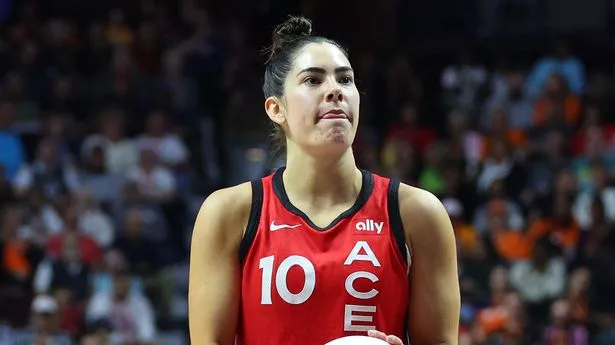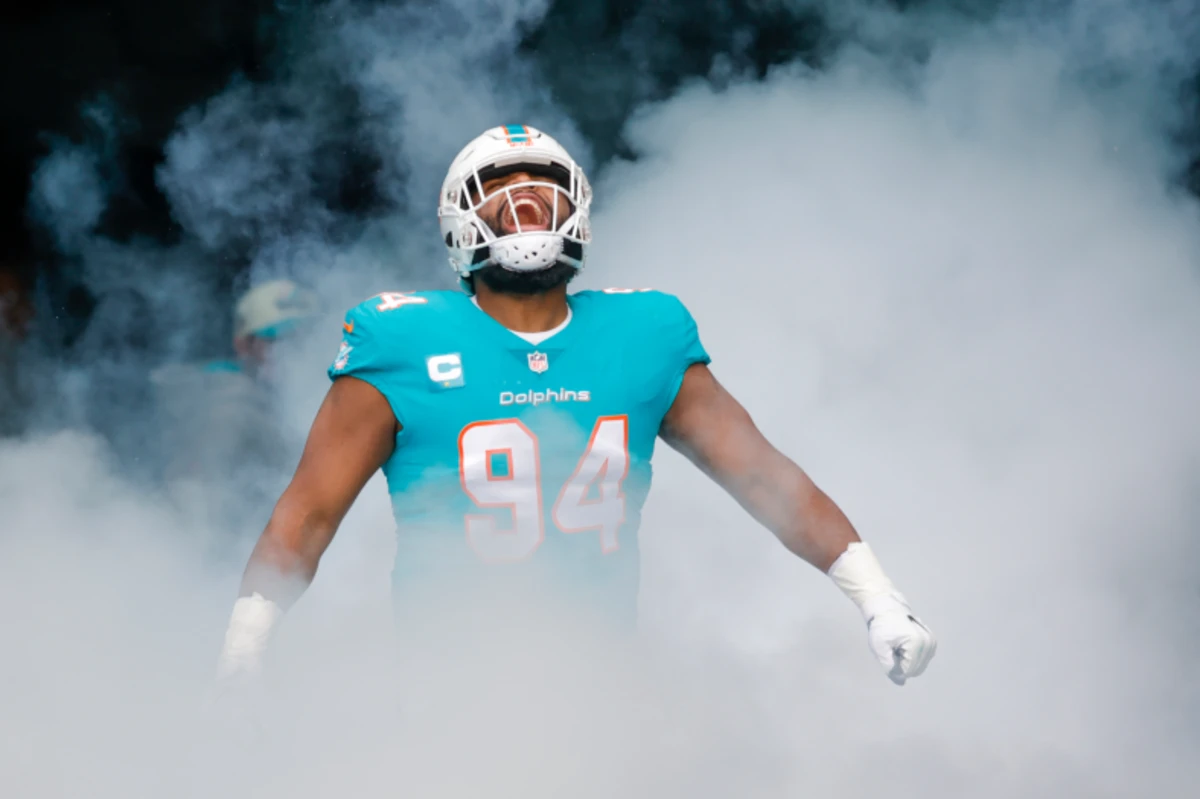The NFL decides to drop the complaint regarding offensive emails sent by fired coach Jon Gruden.
Before resigning due to offensive emails he sent while working as an ESPN commentator, Jon Gruden was photographed in October of last year during his last game as the head coach of the Las Vegas Raiders.
The National Football League’s first-ever response to Jon Gruden’s lawsuit, which he filed after resigning from the position last year, has intensified the conflict between the former coach of the Las Vegas Raiders and the league.
The complaint is a result of two negative stories that were published in October of last year in the Wall Street Journal and the New York Times.
These reports stated that throughout Gruden’s seven-year tenure as an ESPN announcer starting in 2010, he frequently used derogatory language in emails.
Gruden used sexist and homophobic words in the emails. In addition to sharing images of nude women, he attacked the NFL Players Association’s black president using racial stereotypes and denounced the league for attempting to lower the number of concussions. He also took issue with a player who took part in the national anthem demonstrations.
Bruce Allen, the president of the Washington Football Team at the time, was among the individuals to whom he forwarded the texts.
According to Gruden, the NFL purposefully exposed his emails.
As part of a malicious and coordinated effort headed by Commissioner Roger Goodell, he has instead accused the NFL of deliberately disclosing the emails in an attempt to get Gruden to retire as a distraction from the crisis surrounding workplace wrongdoing at the Washington Football Team.
Responding to the case, the league called it a made-up conspiracy theory and accused Gruden of painting himself as the victim in a false scenario in two additional court files on Tuesday.
The emails were obtained by the media through no fault of the NFL, it said, refuting the NFL’s claim to be the source of the leak.
The inflammatory content stood in stark contrast with the NFL’s self-described efforts on diversity, fairness, and inclusion initiatives, the petition says, adding that the publishing of Gruden’s emails was indisputably against the NFL’s best interests.
Before joining ESPN, Gruden was a one-time wonder coach for the Oakland Raiders and the Tampa Bay Buccaneers.
In 2018, he rejoined the Raider coaching staff. Although he had a contract that was supposed to last until the 2027 season, he resigned in October following the disclosure of the emails.
The emails came to light during a different sexual harassment probe.
During a separate inquiry into workplace wrongdoing at the Washington Football Team, his emails ended up in the hands of the league.
A string of shocking Washington Post articles regarding the maltreatment of the team’s cheerleaders and sexual harassment of female staff members served as the impetus for that inquiry.
Following the investigation, the Washington Football Team was fined $10 million by the league.
Surprisingly little about the investigation’s conclusions—which were carried out by an outside legal firm—has been made public. Out of the approximately 600,000 emails examined, none were made public.
Many Women Complain of Sexual Harassment By NFL Team Employees in Washington
Nothing has been visible to us. Nothing has been heard by us. In an October interview with NPR, Lisa Banks, an attorney representing over forty former team members, stated, There hasn’t been any material provided to us.
My clients feel like they were taken advantage of, as this whole situation was effectively ignored.
It turned out that Gruden was the only one fired as a consequence of the NFL’s probe. November, one month after his resignation, he filed a lawsuit.
To distance itself from Gruden’s allegations, the NFL raised a number of legal defenses in its move to dismiss, one of which was that the league was under no obligation to prevent the release of Gruden’s emails.
In addition, the league filed a motion to have the matter sent to arbitration, claiming that Gruden was required by his contract to settle any disagreements about behavior detrimental to the league through arbitration rather than in court.




